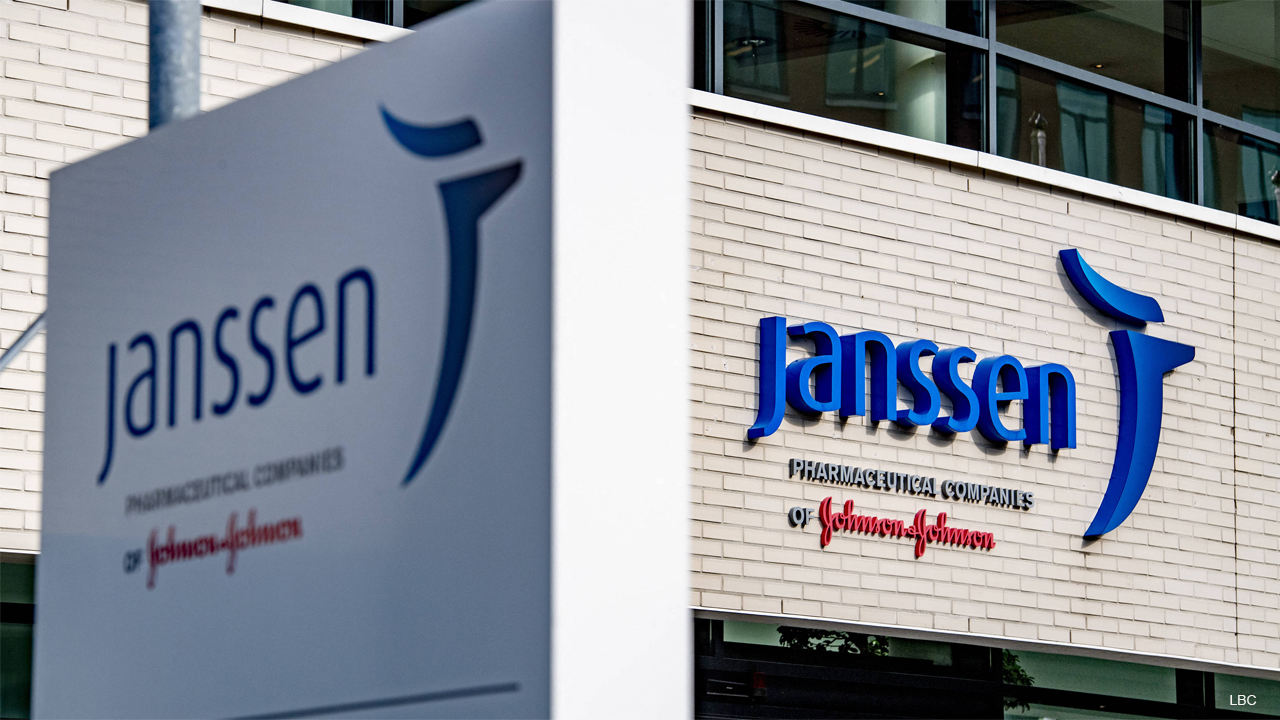Genmab A/S announced that the U.S. Food and Drug Administration has approved the use of DARZALEX FASPRO (daratumumab and hyaluronidase-fihj), a subcutaneous formulation of daratumumab, in combination with bortezomib, cyclophosphamide, and dexamethasone (VCd) for the treatment of adult patients with newly diagnosed light-chain (AL) amyloidosis. A supplemental Biologics License Application (sBLA) for this indication was submitted by Janssen Biotech, Inc. in September 2020. The U.S. FDA reviewed the submission of data for approval in this indication under their Real-Time Oncology Review (RTOR)1 pilot program and Project Orbis2. Continued approval for this indication may be contingent upon verification and description of clinical benefit in a confirmatory trial(s). DARZALEX FASPRO is not indicated and is not recommended for the treatment of patients with light-chain (AL) amyloidosis who have NYHA Class IIIB or Class IV cardiac disease or Mayo Stage IIIB outside of controlled clinical trials. In August 2012, Genmab granted Janssen an exclusive worldwide license to develop, manufacture and commercialize daratumumab.
“AL amyloidosis is a devastating and potentially fatal blood disorder that, until now, did not have any U.S. FDA-approved therapies. This makes today’s approval of DARZALEX FASPRO a critical step forward for patients in the U.S. in dire need of treatment options,” said Jan van de Winkel, Ph.D., Chief Executive Officer of Genmab.
The approval was based on data from the Phase 3 ANDROMEDA (AMY3001) study of daratumumab and hyaluronidase-fihj in combination with VCd as treatment for patients with newly diagnosed AL amyloidosis.
The most common adverse reactions (≥20%) were upper respiratory tract infection, diarrhea, peripheral edema, constipation, fatigue, peripheral sensory neuropathy, nausea, insomnia, dyspnea and cough. Serious adverse reactions occurred in 43% of patients who received DARZALEX FASPRO in combination with VCd. Serious adverse reactions that occurred in at least 5% of patients in the D-VCd arm were pneumonia (9%), cardiac failure (8%) and sepsis (5%). Fatal adverse reactions occurred in 11% of patients. Fatal adverse reactions that occurred in more than one patient included cardiac arrest (4%), sudden death (3%), cardiac failure (3%) and sepsis (1%).
Among patients who received DARZALEX FASPRO in combination with VCd, 72% of patients had baseline cardiac involvement with Mayo Cardiac Stage I (3%), Stage II (46%) and Stage III (51%). Serious cardiac disorders occurred in 16% of patients (8% of patients with Mayo Cardiac Stage I and II and 28% of patients with Stage III). Serious cardiac disorders in more than 2% of patients included cardiac failure (8%), cardiac arrest (4%) and arrhythmia (4%). Fatal cardiac disorders occurred in 10% of patients (5% of patients with Mayo Cardiac Stage I and II and 19% of patients with Stage III) who received DARZALEX FASPRO in combination with VCd. Fatal cardiac disorders that occurred in more than one patient in the D-VCd arm included cardiac arrest (4%), sudden death (3%) and cardiac failure (3%).
Amyloidosis is a disease that occurs when amyloid proteins, which are abnormal proteins, accumulate in tissues and organs. When the amyloid proteins cluster together, they form deposits that damage the tissues and organs. AL amyloidosis most frequently affects the heart, kidneys, liver, nervous system and digestive tract. Until now there were no approved therapies for AL amyloidosis in the U.S., though it is currently being treated with chemotherapy, dexamethasone, stem cell transplants and supportive therapies. It is estimated that there are approximately 3,000 to 4,000 new cases of AL amyloidosis diagnosed annually in the U.S.

 Genmab announces that Janssen has been Granted U.S. FDA Approval for DARZALEX FASPRO (daratumumab and hyaluronidase-fihj) for Patients with Newly Diagnosed Light-chain (AL) Amyloidosis
Genmab announces that Janssen has been Granted U.S. FDA Approval for DARZALEX FASPRO (daratumumab and hyaluronidase-fihj) for Patients with Newly Diagnosed Light-chain (AL) Amyloidosis











.jpeg)








.png)
.png)

.png)
.png)
.png)

.png)
.png)
.png)

.png)
.png)